How To Carb Load For A Marathon
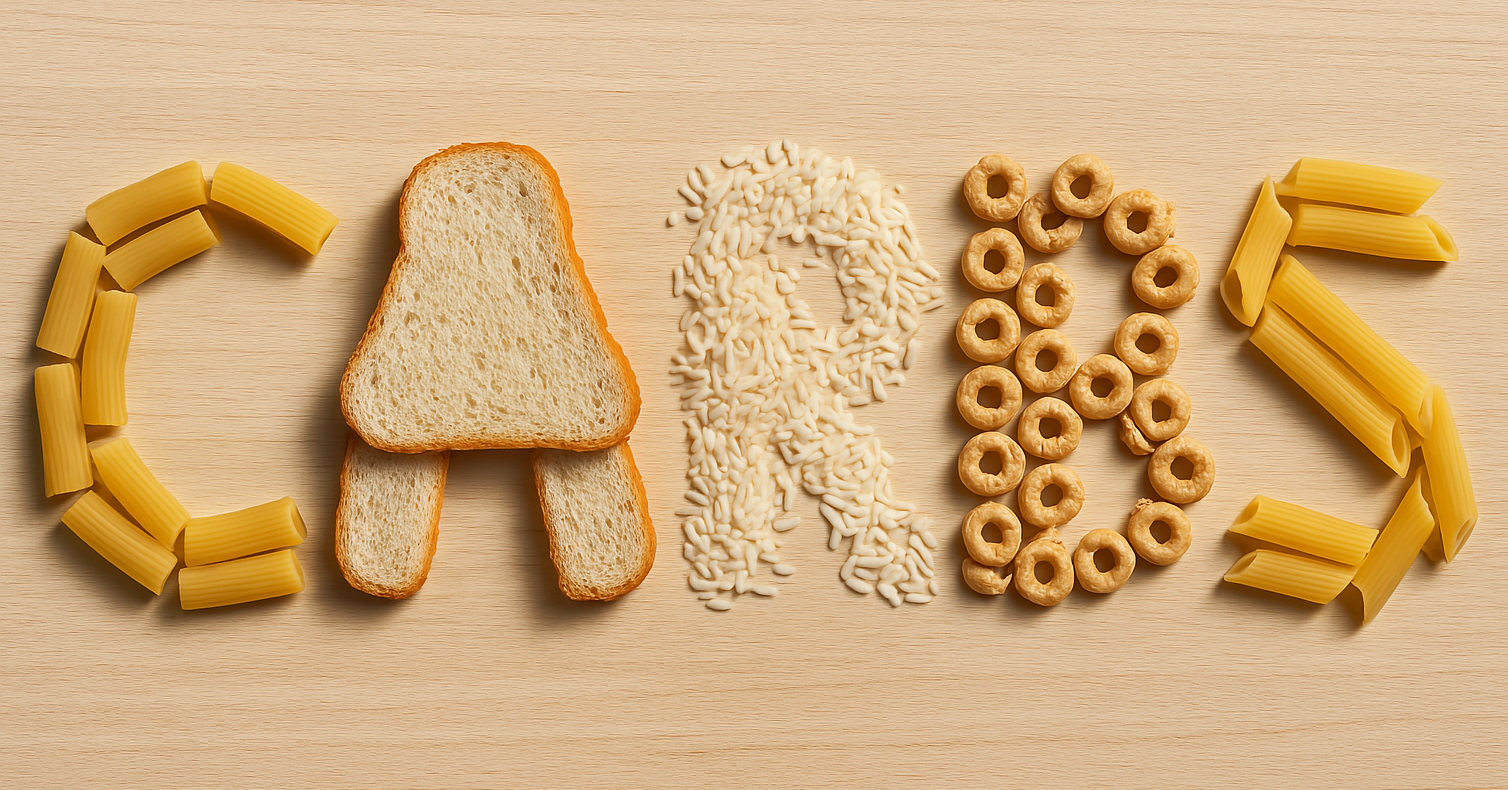
Carb loading is an essential part of preparing for any long run, marathon or long endurance event like a bike ride or triathlon.
In this article we look at how to carb load, how much you really need to consume during a carb load, and examples of the number of carbohydrates in different foods.
Want to know how many carbs are in different foods? Calculate carbohydrates for a carb load here.
WHAT IS CARB LOADING?
Carb loading means consuming a greater amount of carbohydrates ahead of long endurance events like a marathon. Athletes typically carb load for 48-60 hours before a marathon or long run.
Carb loading doesn’t necessarily mean consuming lots of extra calories. It means prioritising carbohydrates and reducing the fat and protein you eat.
ESSENTIAL CARB LOADING TIPS
- Count carbs: Aim for around 75% of your calories to be from carbs during a carb-load. Try to eat 6-12g carbs per kilogram of body weight (FYI: that’s a lot!)
- Stack carbs: have banana and honey on a bagel, put sugar in your tea, put dried fruit in your oatmeal.
- Snack carbs: eat them throughout the day to keep a constant intake of carbs.
- Drink carbs: have energy drink, choose a non-diet soda.
- Don’t overdo calories: Try to find the most efficient carb-sources. You shouldn’t increase your calories intake dramatically, instead you will prioritise carbs over the other macro-nutrients.
- Reduce fat and protein: have marinara pasta instead of lasagne, baked potato instead of fries.
- Don’t worry too much about being ‘healthy’: you can get all the protein and veg you want after the race, but for the 24 hours before a race just keep it focused on the carbs. Add lean protein, or things like avocado and nut butters, to keep you feeling satiated.
- Watch out for foods which are spicy, high in fibre, or which might cause you some stomach discomfort. This has nothing to do with carb loading, but it will impact your race if your stomach doesn’t feel good.
WHY DO YOU NEED TO CARB LOAD?
Running long distances requires a lot of energy. When we eat or drink carbohydrates, glucose in the food and drink is stored in the muscles as glycogen. Glycogen acts as our body’s primary fuel source. But we can only store a finite amount of fuel.
The body can hold around 600g of glycogen, and in a marathon or long run that will run out after 16-22 miles. If we run out of glycogen, we hit the hall. That’s why it’s important to carb load, have a high-carb pre-run breakfast, and to also take on more carbs while we run.
You should carb load before all long runs and marathons. You can do a 24-hour carb load before most training runs, but for your longest long runs you should try a 48-hour carb load to learn what it feels like and to figure out the best carbs for you.
HOW MANY CARBS SHOULD YOU EAT IN A CARB-LOAD?
This is going to vary for each runner, but the general advice is to aim for 6-12g of carbs per kilogram of bodyweight. So a 60kg runner will want 360-720g carbs, while a 80kg runner will want 480-960g carbs.
There’s a big difference here, and the higher end of that is a lot of carbs; it’s actually challenging to consume that many carbs in a day. This is why we need to practise the amount that we can tolerate during a day, and also the amount that we feel we need to perform well in a race.
Before some long runs, try 8g carbs per kilogram of body weight to begin with to see how this feels and if it works for you. Increase this if you feel OK.
WHAT ARE GOOD SOURCES OF CARBOHYDRATES FOR RUNNERS?
You should eat and drink the carbohydrates which taste good to you and sit well in your stomach. Some people stick to just one primary carb and eat it for two days, while others enjoy a more varied mix. For a carb load, you typically want to reduce fibre so choose white rice, white bread, etc.
- Rice, pasta, potatoes
- Oats, cereal
- Bread, bagels, pizza
- Muffins, pancakes, cookies
- Fruit and dried fruit
- Energy drink, fruit juice, regular sodas (not diet)
- Sugar, honey, maple syrup
- Candy
HOW MANY CARBS ARE IN…
Use this to help you calculate how many carbohydrates you will want to consume during your carb load. All amounts are approximate and may vary by exact serving, but these are a good guide for you.
For many runners it can help to plan out their carb load in advance to know you’re getting the amount that you want.
| FOOD/DRINK (SERVING) | CARBS PER SERVING |
| Bagel (1 regular) | 40g |
| Thick cut white bread (1 slice) | 22g |
| Thick cut sourdough bread (1 slice) | 30g |
| Cooked white rice (250g) | 75g |
| Cooked pasta (250g) | 70g |
| Oatmeal (100g dry) | 60g |
| American pancake (2 large) | 40-60g |
| Large muffin (1) | 30-40g |
| Large cookie (1) | 20-30g |
| Cinnamon bun (1) | 50g |
| Malt loaf (2 slices) | 27g |
| Crumpets (2) | 38g |
| Bowl of museli/cereal (50g) | 30-45g |
| Large baked potato | 60g |
| Large sweet potato | 60g |
| Margarita pizza | 140g |
| Table sugar (1 tsp) | 8g |
| Honey (2 tbsp) | 34g |
| Maple syrup (2 tbsp) | 27g |
| Energy bar | 40g |
| Dried fruit (50g) | 35-40g |
| Dates (pitted x 2) | 30g |
| Medium ripe banana | 25g |
| Jelly candy (10-12 pieces) | 24g |
| Lucozade/Gatorade (500ml) | 30g |
| Cola (500ml) | 50g |
| Red Bull (250ml) | 28g |
| Apple juice (500ml) | 50g |
| Coconut water (500ml) | 22g |
| Whole milk (500ml) | 23g |
| Alcohol-free beer (500ml) | 15-25g |
REMEMBER TO HYDRATE (AND EXPECT SOME BLOATING)
One final thing to know: Energy from carbs is good, but in a marathon or long run you also need to be well-hydrated. In the day before a race, consume extra water along with some electrolytes (or have some energy drink with carbs in).
Just know that carbs hold onto water within our body, so you may feel a little bloated during a carb load. You may also feel a little sluggish. This is normal. Just think of it as a reserve or energy and hydration for you to call upon in your run!
***


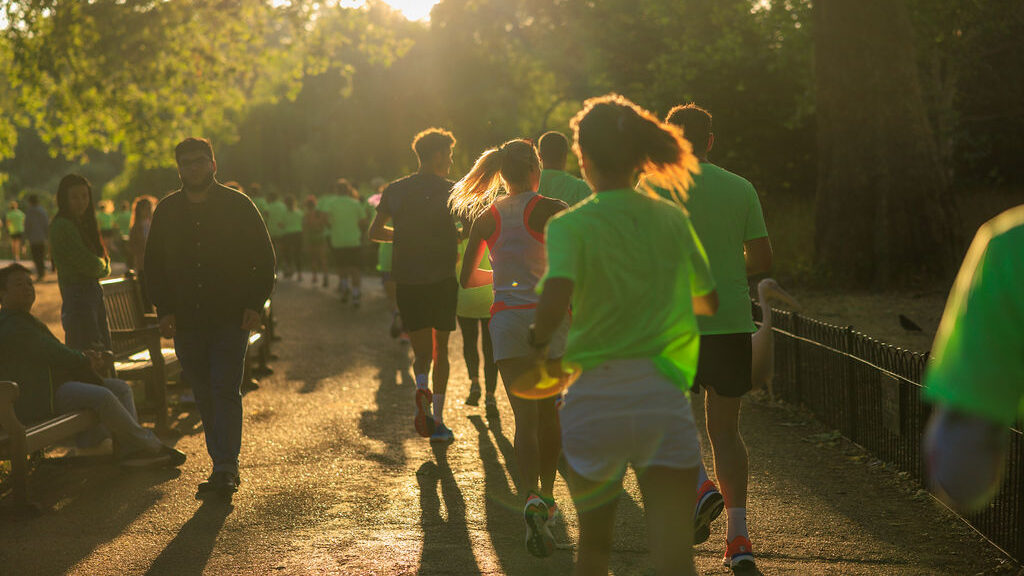
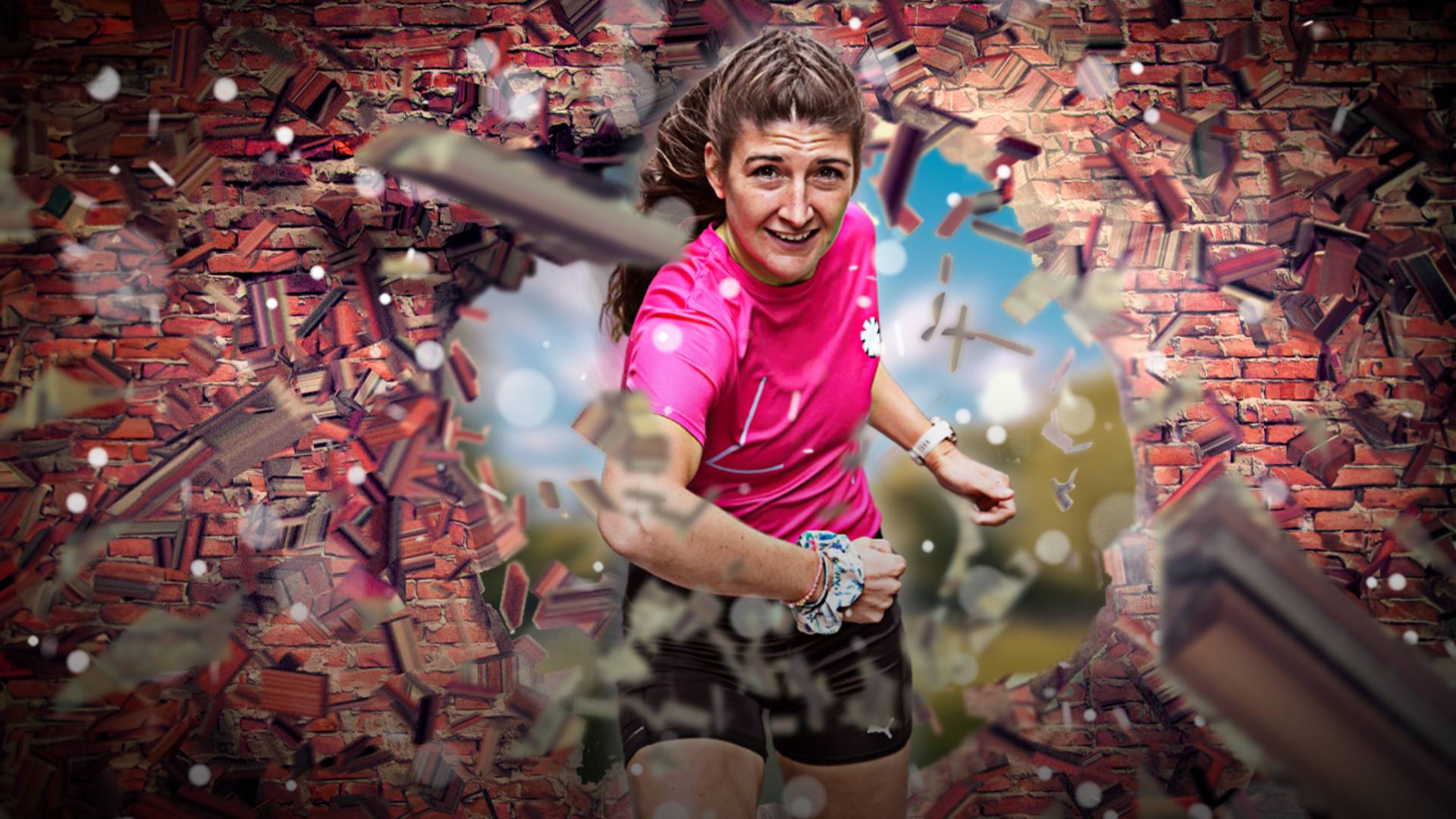
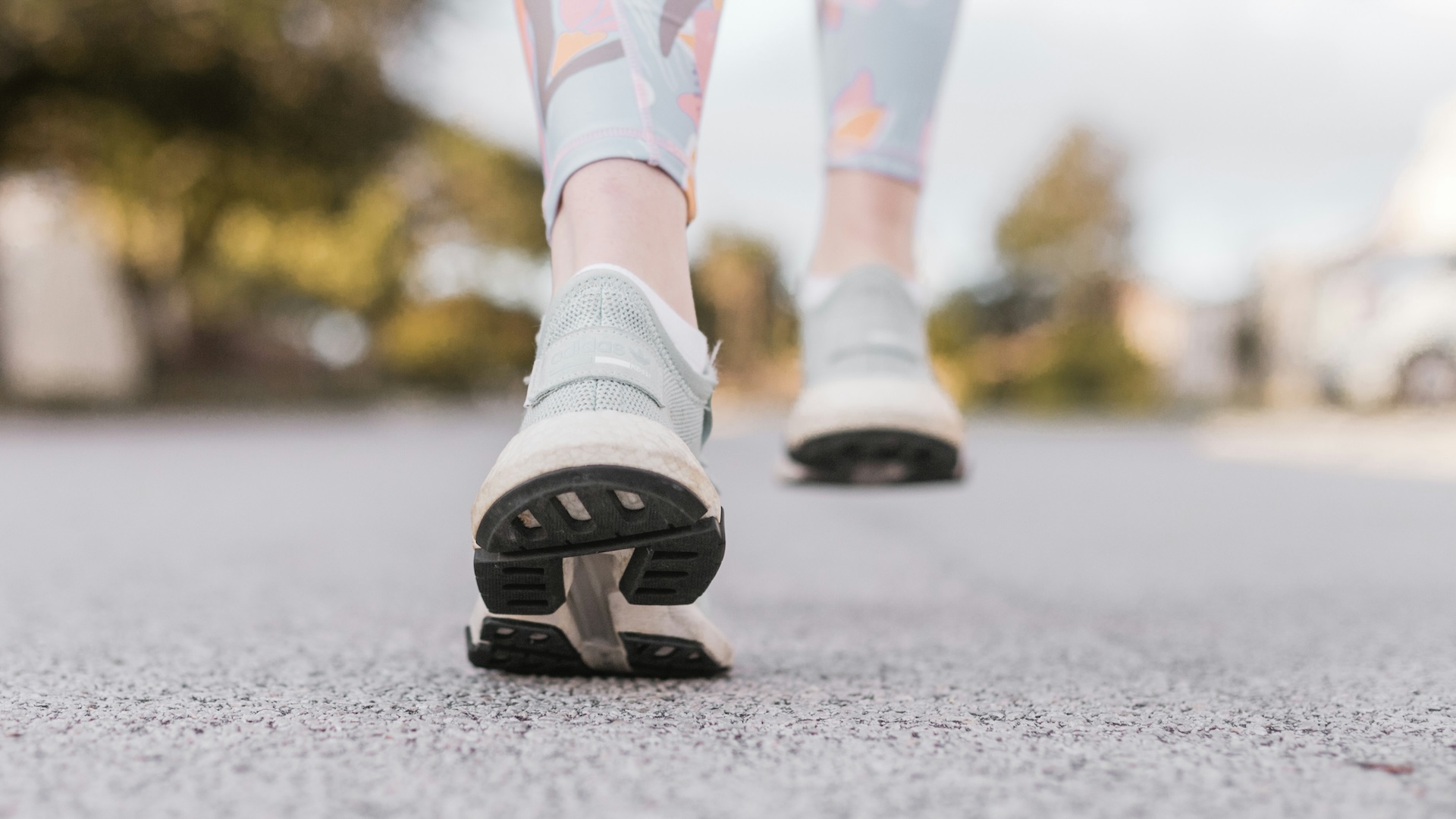
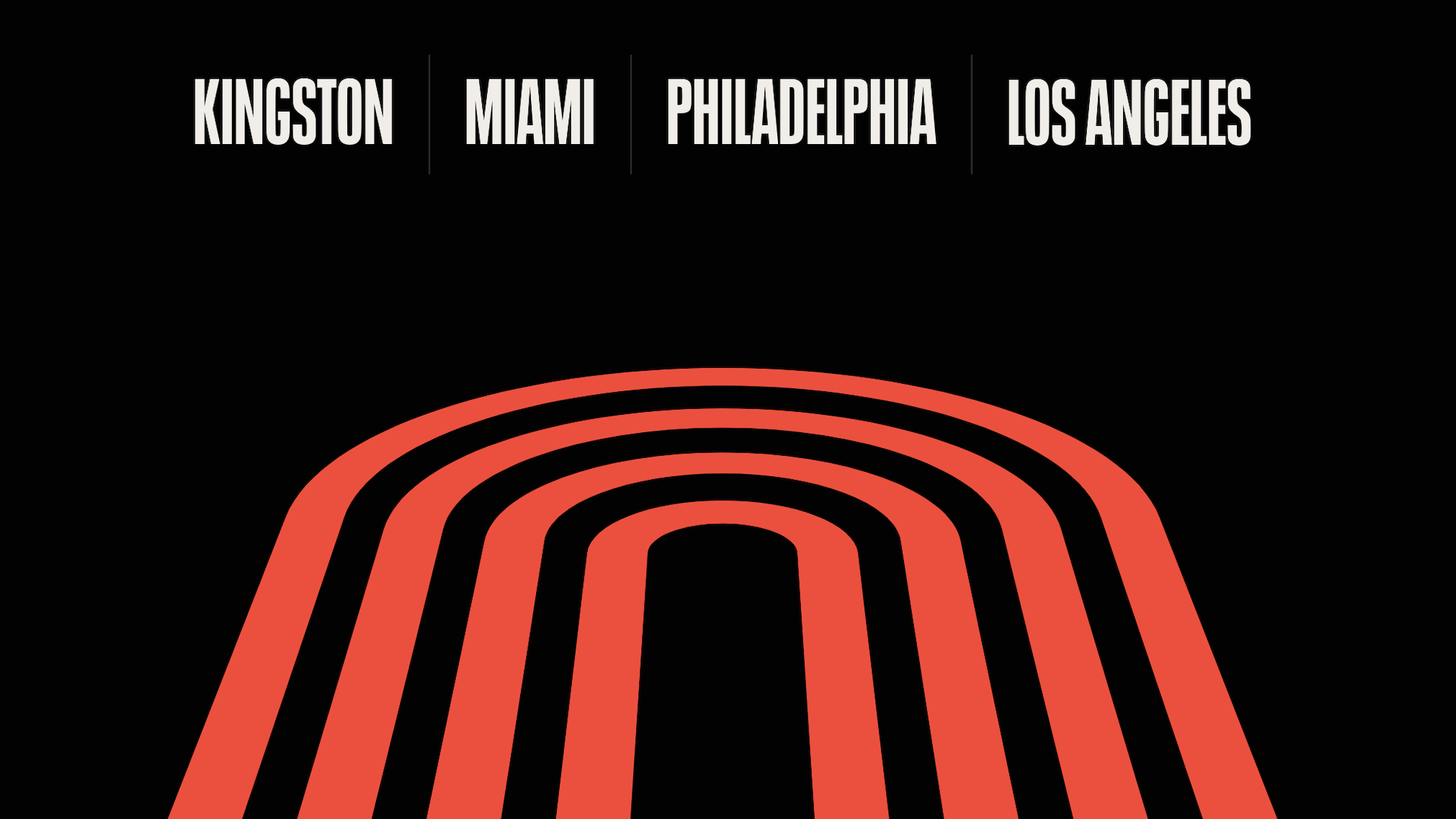
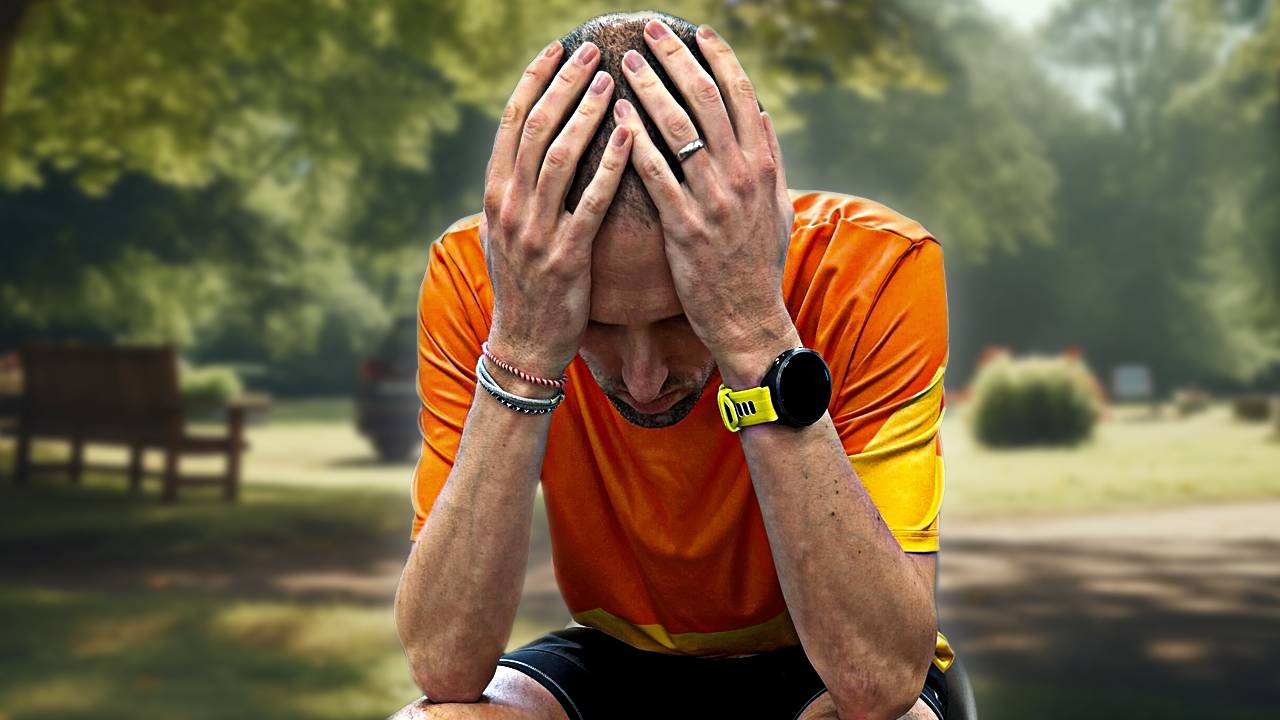




















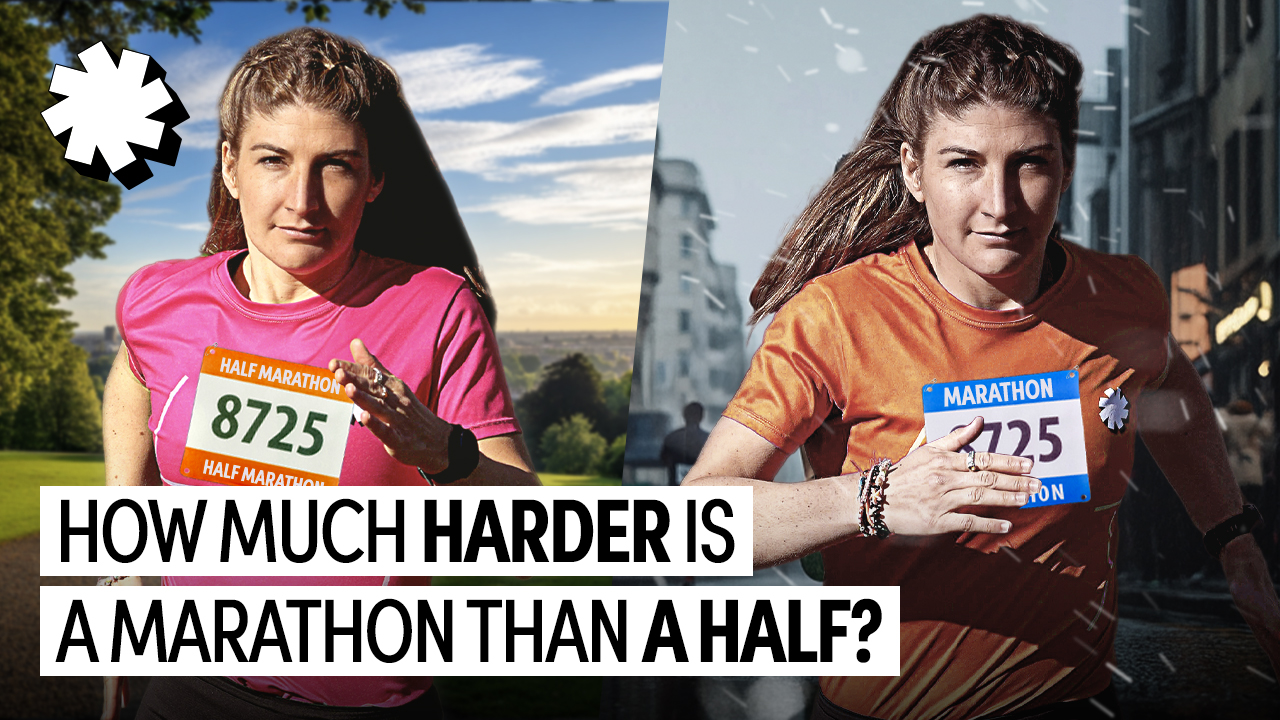

Running News
Ingebrigtsen Stars at World Athletics Indoor Championships 2025 – Plus All The Winners!
Sam Ruthe Is First 15-Year-Old To Run A Four-Minute Mile!
Eliud Kipchoge Will Run The 2025 Sydney Marathon!